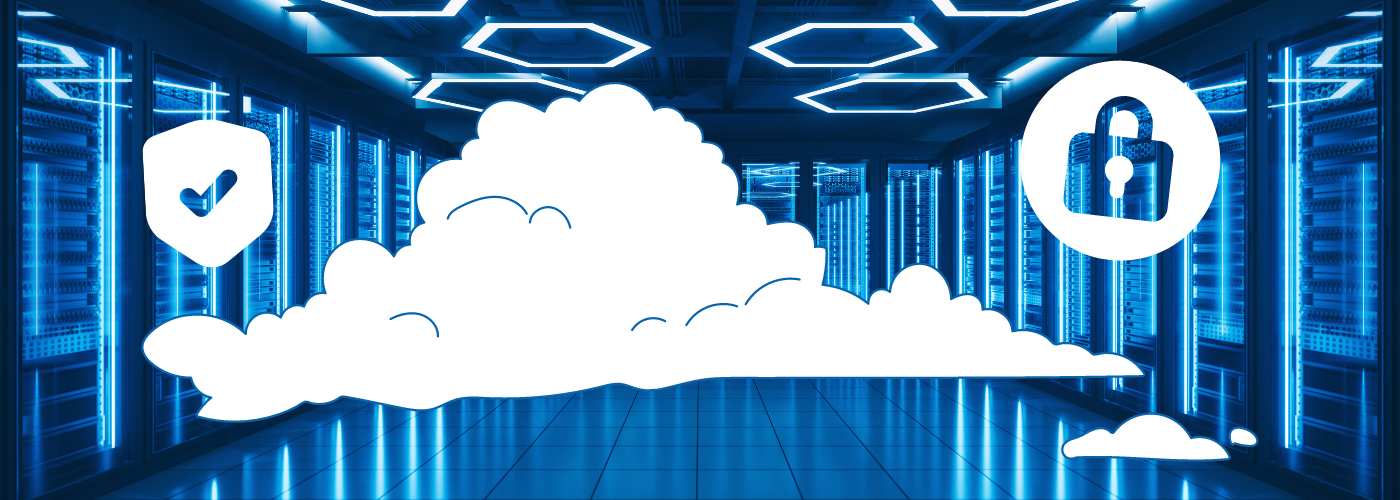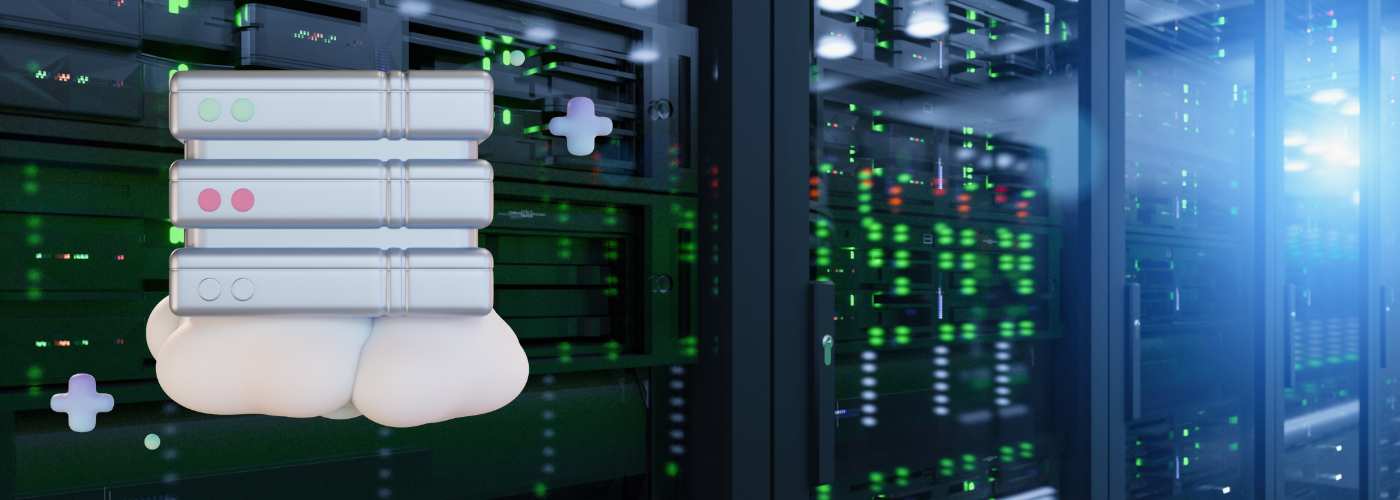In the tech world, private cloud servers are a popular choice for businesses looking for secure and reliable hosting options. But with so many different cloud hosting solutions out there, it can be hard to know if investing in a private server is truly worth it. We’ll be answering are private cloud servers worth it.
What Is A Private Cloud Server
A private cloud server is a type of infrastructure-as-a-service platform that allows organizations to store and access data from their own private cloud, which is physically located within the company’s secure data center.
This type of hosting provides organizations with greater control over their data, as well as increased security and performance compared to public cloud services.
Private clouds are typically more expensive than other types of hosting solutions due to the cost associated with buying and managing the hardware required for the system, but they offer much more control over how resources are used.
Private cloud servers can be configured in various ways; some may have dedicated hardware, while others may employ virtualization technology. With virtualization, multiple virtual machines can run on a single physical server, allowing businesses to utilize multiple operating systems or applications without needing additional hardware.
What Is Private Cloud Storage?
Private cloud storage is a type of data storage that allows users to store and access their data without having to share it with anyone else. It’s an ideal solution for organizations looking to keep their sensitive information secure while still providing the benefits of cloud computing.
Private cloud storage is hosted by a private company or organization, giving businesses full control over who can access their data and how it is used.
Unlike public clouds, private clouds are completely isolated from other networks, meaning that only authorized users can have access to the stored data. This also eliminates any potential security breaches from outside sources, as the files are stored within a closed system.
Additionally, private clouds offer powerful security features such as encryption and authentication protocols, making them extremely difficult to penetrate or hack into. They also provide powerful scalability options allowing businesses to increase or decrease their storage capacity according to need.
How Are Private Clouds Different From Public Clouds?
Cloud computing is revolutionizing the way companies store, access, and manage data. Public clouds involve a third-party cloud service provider that hosts applications, stores data, and provides services to multiple customers over the Internet.
Private clouds are similar to public clouds in that they are hosted offsite, but they operate on a closed network with restricted access only available to those who have been granted permission.
The main difference between public and private clouds lies in ownership and control. With a public cloud, the cloud service provider owns all of the servers, storage capacity, networking equipment, and software associated with it. On the other hand, private clouds can be owned either by an internal IT team or an external hosting provider but give organizations more control over their security protocols due to their isolated environment.
Is Private Cloud Same As On-Premise?
Private cloud and on-premise computing are two very different concepts, even though the terms can often be used interchangeably. Private cloud is a type of cloud computing that involves virtualized, pooling, and automated resources accessible over the internet.
On-premise computing, on the other hand, involves running an application or service from within an organization’s own infrastructure.
The main difference between private cloud and on-premise lies in how data is stored, managed, and delivered to users.
With private cloud services, all data is stored off-site in a secure manner with no physical access required by users. On-premises solutions require expensive hardware investments as well as physical access to servers located at the customer’s office location.
Additionally, cloud servers offer scalability while allowing organizations to outsource the IT infrastructure management costs associated with running applications or services from their own server rooms or data centers.






阅读更多
Sharktech Announces New Web Hosting and Cloud Industry Alliance
Sharktech and 2
3 月
Think the Cheapest Dedicated Server is A Good Idea? What You Need to Know
Shoul
3 月
Discover How These 8 Cloud Monitoring Tools Can Help You Drive Better Business Performance
When
3 月
Pick the Best Cloud Management Platform with These 5 Pro Tips
Managi
3 月
Thinking About Public to Private Cloud Migration? Here’s the Essentials
The clou
3 月
Why a Cloud Migration Checklist Helps Overcome Migration Challenges
Moving d
3 月